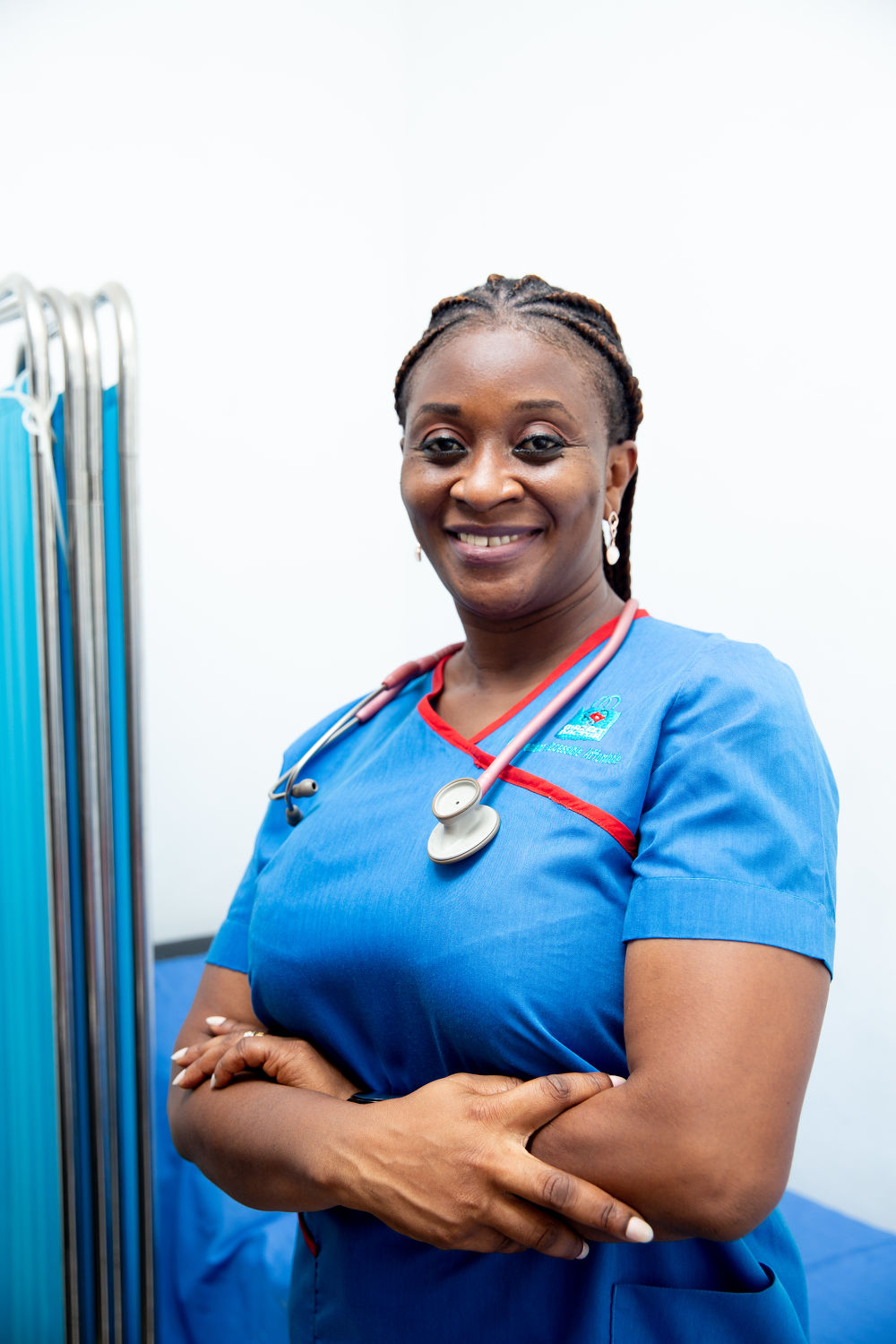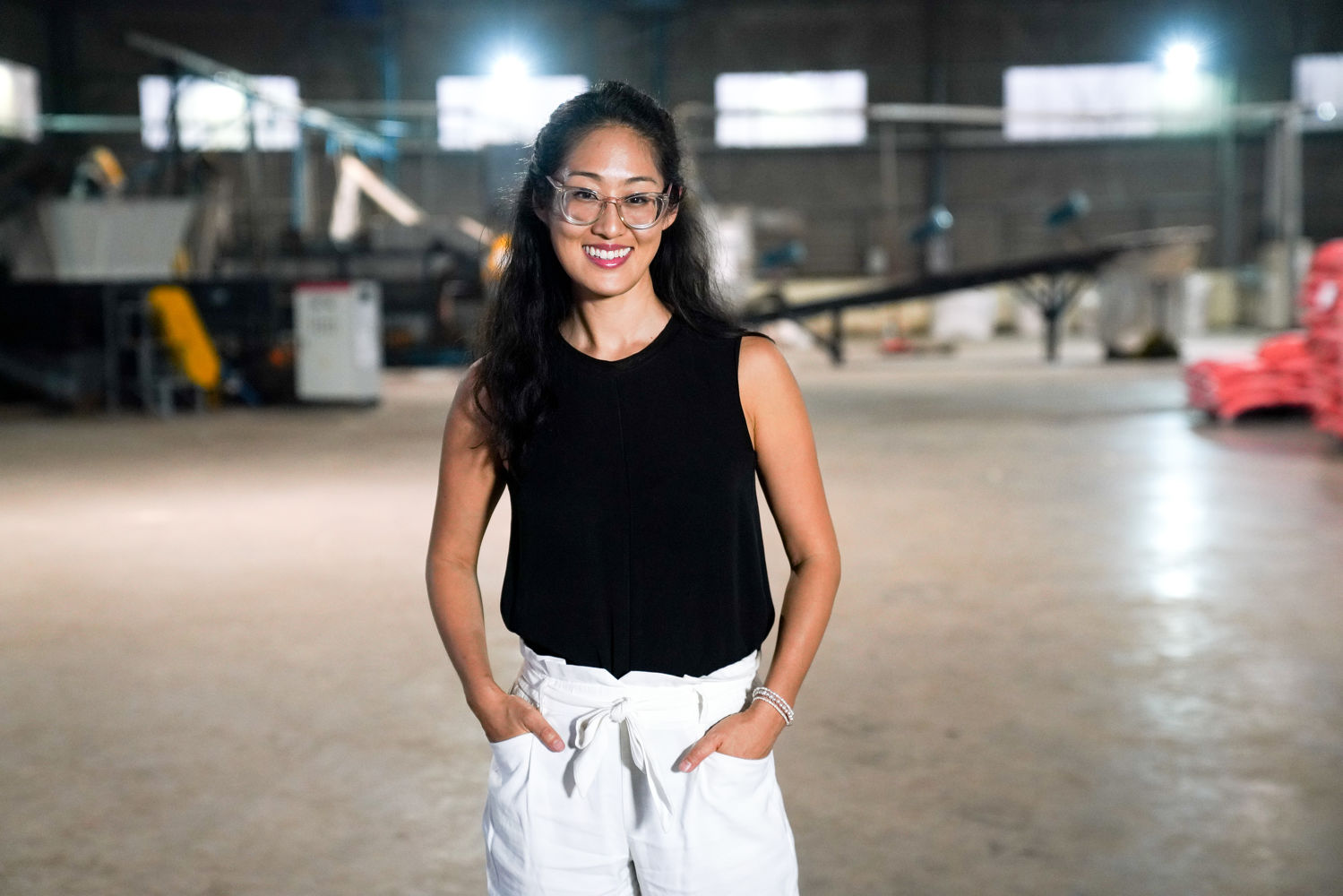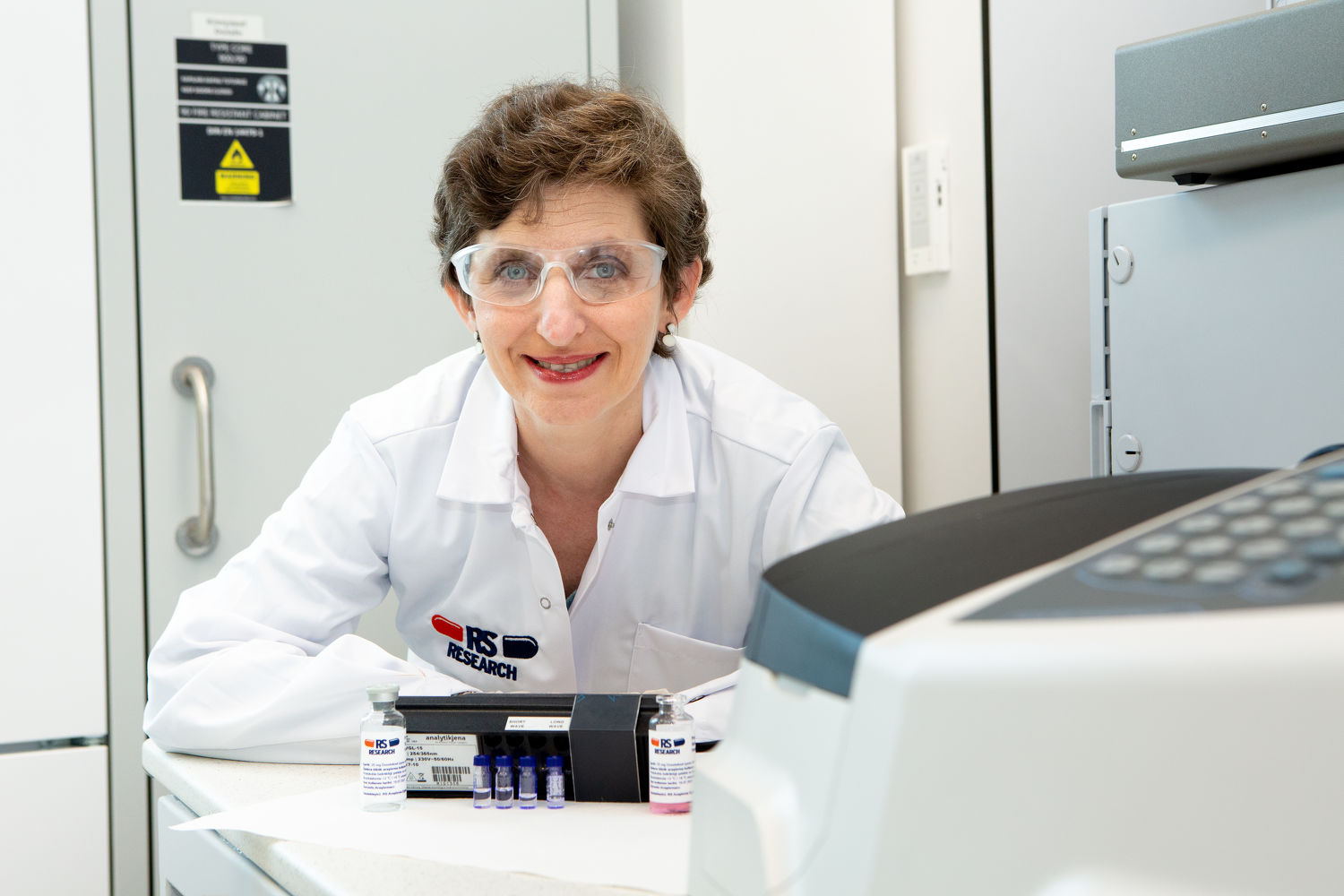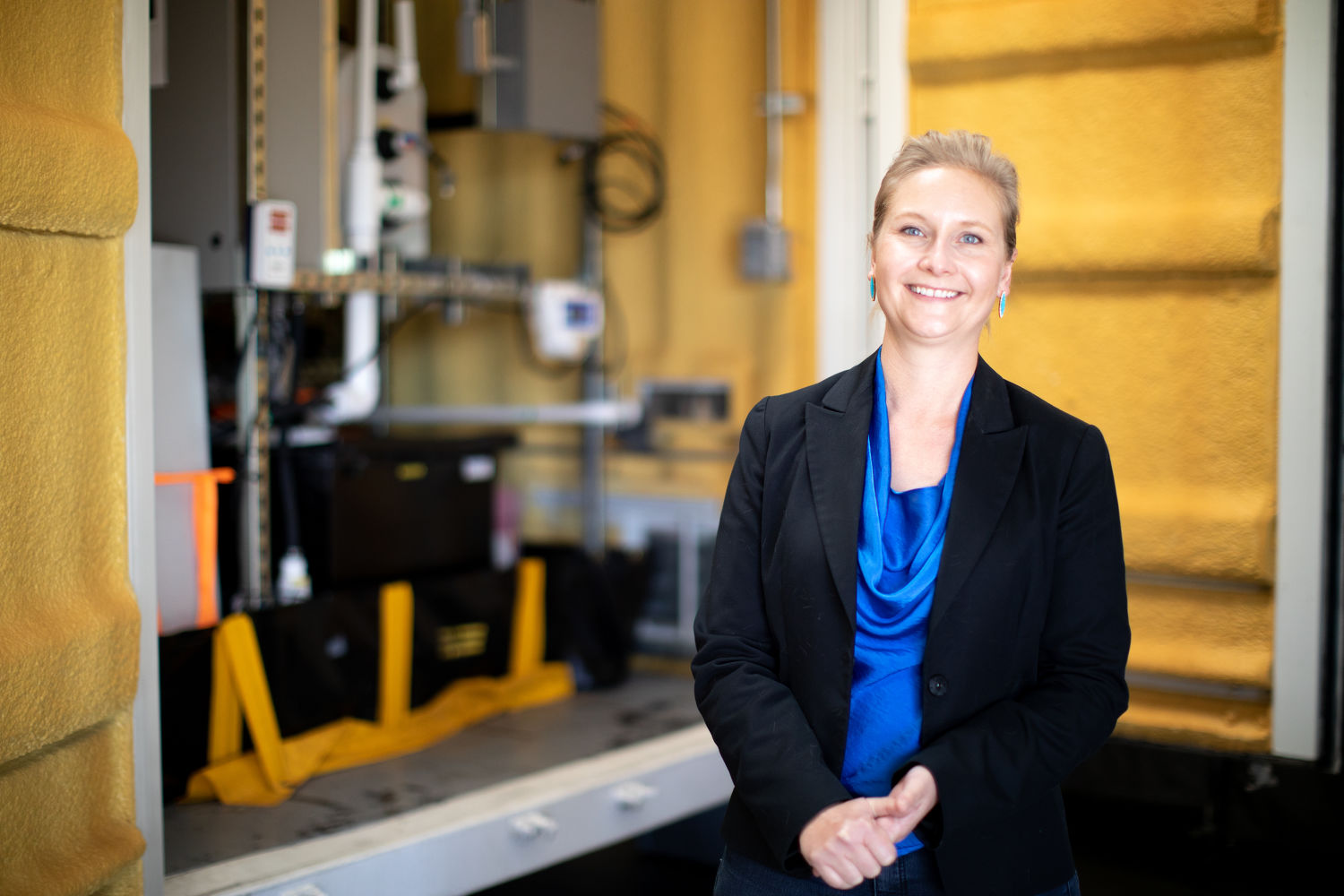The Cartier Women’s Initiative 2021 shortlists 24 female entrepreneurs who have been using their businesses as a force for good
For the last 15 years, the Cartier Women’s Initiative has helped women reach their full potential by shining a light on their achievements and providing them with the necessary financial, social and human capital support to grow their businesses and build their leadership skills.
Since its creation in 2006, the programme has drawn over 20,000 applications, crowned over 260 laureates from 59 different countries, and awarded over US$4 million ($5.3 million) in prize money to support their businesses.
This year, 24 fellows (or finalists) have been selected among 876 applicants hailing from 142 countries. And of these shortlisted women, eight will be crowned laureates in a virtual awards ceremony on May 26, taking home US$100,000 in prize money, while the second and third runner-ups for each award category will receive US$30,000 each. In addition, all 24 will benefit from tailored one-on-one training, collective workshops, media visibility and international networking opportunities, as well as the opportunity to join an Insead executive education programme.
Earning a spot as a fellow in Cartier Women’s Initiative 2021 is no easy feat and one that deserves high praise as the title is given out to only women who helm businesses that have a strong and sustainable, social or environmental impact as defined by the UN Sustainable Development Goals.
This year, a new award has been created to recognise women for their commendable work in the field of scientific and technological innovation. The Science & Technology Pioneer Award not only puts a spotlight on female role models in male-dominated deep tech industries, it also highlights the disruptive solutions built around unique, protected or hard-to-reproduce technological or scientific advances.
“Women have always had a pivotal role at Cartier, both as a driving force and an endless source of inspiration,” says Cyrille Vigneron, president and CEO of Cartier International in a press statement. “In these challenging times, they are more admirable than ever, proving their resilience in the face of adversity and their ability to create concrete and durable solutions not only for themselves but for their communities, and the world at large. It is our honour and pride to support these women who keep pushing the boundaries in order to make the world a better and more equal place.”
As an inclusive organisation, Cartier ensures diversity in its selection of fellows who hail from seven different industry sectors (food services, health, environment and systems, finance, education, diversity & inclusion, consumer durables) and seven different regions around the world, including first-time entrants from Mali, Iraq and Myanmar. We highlight four inspiring finalists who are driving change and paving the way for a better world for future generations.
NIGERIA
 NIGERIA
NIGERIA
Yetunde Ayo-Oyalowo
As a medical doctor, Dr Yetunde Ayo Oyalowo lives by a Hippocratic oath to treat the sick despite their backgrounds. That is why she set up Market Doctors, a mobile clinic (formerly a school bus) that roams the villages of Lagos and stations at markets to offer accessible and affordable healthcare to rural folk.
Together with her team of healthcare workers, Oyalowo goes from stall to stall in the market or house to house in the community, carrying medical devices to measure blood pressure, blood sugar, and cholesterol levels, as well as perform other tests depending on the patient’s complaint.
If there is no doctor around, the healthcare providers will call doctors to confirm diagnoses and prescriptions, and dispense drugs on the spot, much like pharmacists. All of this removes the significant barriers of time, cost, and distance that have prevented so many Nigerians from accessing basic healthcare.
Since it began in 2018, Market Doctors has employed 243 doctors who have provided care to 145,000 patients. “Some people have never had a blood sugar test. They come to the mobile clinic, we give them medication, and their symptoms disappear. They come back telling us, ‘I would have died if it wasn’t for you,’” shares Oyalowo.
Market Doctors also works with several organisations that offer various medical services to help its beneficiaries and financial assistance to promote scalability in its business model. “We hope to get to a point when we will have community health workers in all communities in Nigeria and we will be able to franchise our services,” says Oyalowo.
MYANMAR
 MYANMAR
MYANMAR
Mimi Wu
Nearly two million single-use plastic bags are distributed worldwide each minute and eventually end up in landfills, where they degrade into microplastics that contaminate water and soil. Unlike more easily recycled types of plastic, the film that makes up single-use plastic bags is difficult to collect, wash, sort, and melt down. Only 9% of the plastic ever made has been recycled.
As one of many countries contributing to this worldwide problem, Myanmar generates about a million tons of plastic each year. More than half is openly burned, dumped into waterways, or tossed as litter.
Myanmar Recycles, co-founded in 2017 by Mimi Wu, solves the difficult problem of recycling plastic film, diverting single-use plastic from Yangon’s waste stream and mitigating its environmental consequences. The end product of the company’s recycling process is plastic pellets, which can become everything from wood-replacement composite boards to flexible pipes and household bottles.
“What sets us apart from other companies is our vision of a zero-plastic-waste future. We focus on tough-to-recycle plastic bags, also known as film. And globally there aren’t as many companies that recycle film,” shares Wu.
One bag at a time, Myanmar Recycles is helping create a future where plastic no longer litters roadsides, endangers wildlife, or collects in patches in the ocean. “So far we have recovered and recycled approximately 1,800 tons of plastic waste. We’re so grateful for the global recognition we’re receiving because it’s really calling attention to not only how important recycling plastic packaging is but also how difficult it is to do,” says Wu.
TURKEY
 TURKEY
TURKEY
Rana Sanyal
Cancer remains one of the world’s most devastating diseases, killing nearly 10 million people every year, a number that is expected to increase 70% by 2035. Chemotherapy, one of the most widely used cancer treatments, can save lives. But it involves blasting the entire body with toxic chemicals and comes with many debilitating side effects.
Researcher and founder of RS Research, Rana Sanyal, has found a way to isolate the painful effects of chemo via a drug delivery system released directly into the tumour rather than the entire body. The company developed the Sagitta platform, a patented delivery technology that packages the chemotherapy drug within a polymeric carrier which is then ornamented with a targeting unit. The tumour cell surface receptors recognise and bind to the targeting unit, internalising the carrier, and the toxic agent is released directly in the tumour without damaging healthy cells in the rest of the body.
This smart chemotherapy is more effective and carries fewer side effects than conventional chemotherapy. “Instead of giving a drug to the whole body, we localise the drug inside the tumour. With our novel drug carriers, we can package pretty much any chemotherapy drug within a polymeric platform and deliver it to a variety of different solid tumours,” Rana explains.
The company is moving its own drug candidates — targeting non-small cell lung cancer and breast, prostate, ovarian, and pancreatic cancers — through clinical development in addition to offering the platform to other companies. While results are not yet in from these trials, all signs point to a breakthrough with the potential to bring new hope to millions of cancer patients
UNITED STATES
 UNITED STATES
UNITED STATES
Orianna Bretschger
Most of us do not think much about wastewater. Yet a third of the world’s population does not have access to a toilet, let alone one with a flush. In addition, 80% of all industrial and residential wastewater is minimally treated or untreated before discharge to water bodies, causing devastating impacts on the environment and human health.
Orianna Bretschger has thought and talked about wastewater most of her life, having grown up in southwestern US where water issues have always been paramount. While studying material science and engineering at the University of Southern California, she began researching a way to electronically control how bacteria breathe and eat. Originally, she applied her findings to battery technology which resulted in development of a microbial fuel cell. But it became apparent that this control process could be enormously beneficial for waste treatment.
In 2016, she founded Aquacycl to offer a cost-effective on-site wastewater treatment system that makes energy-neutral wastewater treatment a reality. “Using the company’s patented BioElectrochemical Treatment Technology, we can break the waste down into the fundamental components of carbon dioxide, which is dissolved in the water, and electrons and protons, which we use to generate electricity and new molecular water,” says Bretschger.
“Our systems eliminate up to 80% of incoming primary sludge and recover energy as direct electricity — no methane. And we can reduce operating expenses by 20–60% compared to conventional approaches.”
As part of Aquacycl’s “sanitation for all” mission, the company aims to bring its off-sewer and off-energy grid solutions for sanitation to more than 100 million individuals over the next five years as it moves from large corporate customers to smaller installations.


